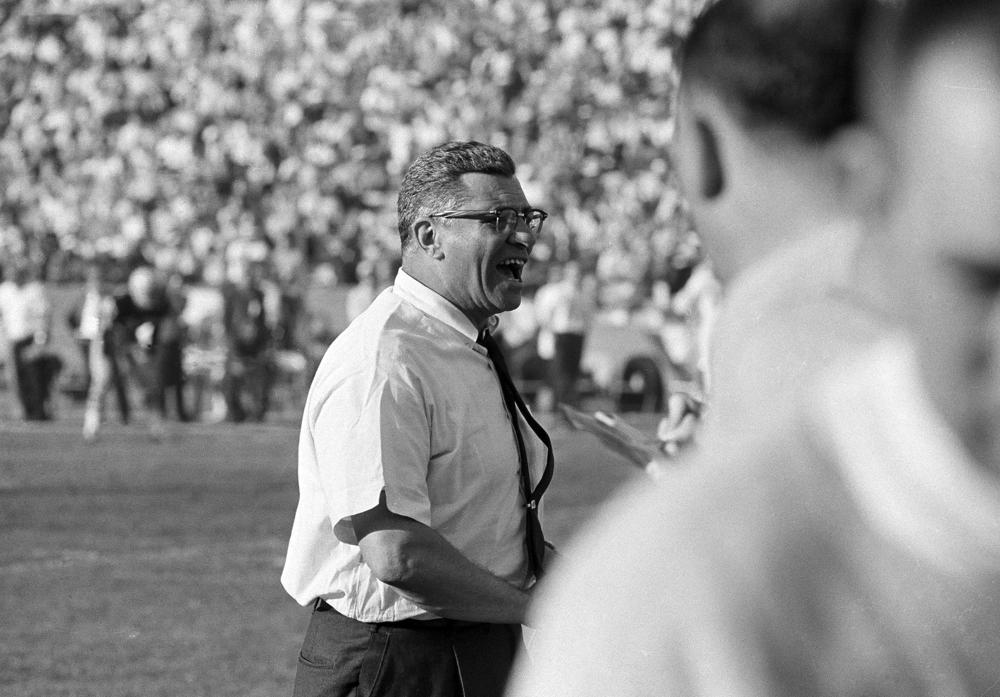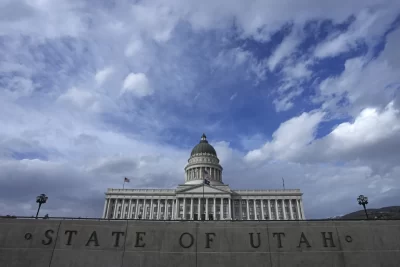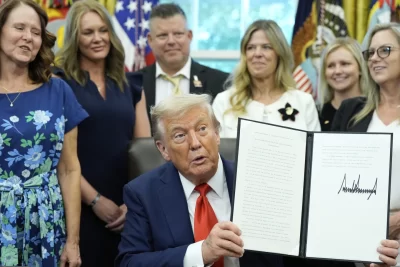
LOS ANGELES — Pete Rozelle never liked the name that was half-jokingly suggested by Kansas City Chiefs owner Lamar Hunt for the first annual game between the champions of the NFL and the AFL.
Hunt agreed, telling the NFL commissioner they could surely think of something better to call it than the Super Bowl.
So the first edition of what has become the apex of sporting spectacle for much of the world was officially dubbed the AFL–NFL World Championship Game by the leagues involved when Vince Lombardi’s Green Bay Packers met Hank Stram’s Kansas City Chiefs on Jan. 15, 1967, before a less-than-sellout crowd on a sunny Sunday at the Los Angeles Memorial Coliseum.
Reporters, fans and many other football people were already calling it the Super Bowl, much to Rozelle’s consternation. Two years later, the sport gave in and adopted the name officially for the event that was already growing into the sociocultural behemoth it is today.
But the first Super Bowl had a fraction of the pomp and circumstance that currently surrounds this weeklong celebration of football, fandom and consumerism.
The Super Bowl was born from the merger agreement between the NFL and the AFL in June 1966. As part of the deal to combine the leagues over a period of several years, they agreed to match their respective champions in a title game.
But the people making the decision didn’t yet understand what they had created: The championship game largely was an afterthought in the complicated, emotional merger. The leagues didn’t settle on Los Angeles as the site for the game until Dec. 1, 1966, and the leagues didn’t even decide when to play it until Dec. 13.
After Green Bay beat Dallas and Kansas City beat Buffalo to secure their spots, the pressure in the inaugural Super Bowl was heaped squarely on the shoulders of the Packers. That’s because of the steadfast belief around the sport and in the media that the staid NFL’s players, competition and top teams were all superior to the product from the upstart AFL, which had turned professional football into a chaotic business with its bold moves for top athletes to play their exciting game.
Those notions would be thoroughly debunked by Joe Namath’s New York Jets two years later and rendered obsolete by the merger two years after that. But Lombardi and Green Bay knew every other NFL team was counting on them to maintain the league’s perceived predominance.
Lombardi felt it: Frank Gifford famously noted Lombardi was “shaking like a leaf” when the broadcaster did his pregame interview with the Hall of Fame coach.



